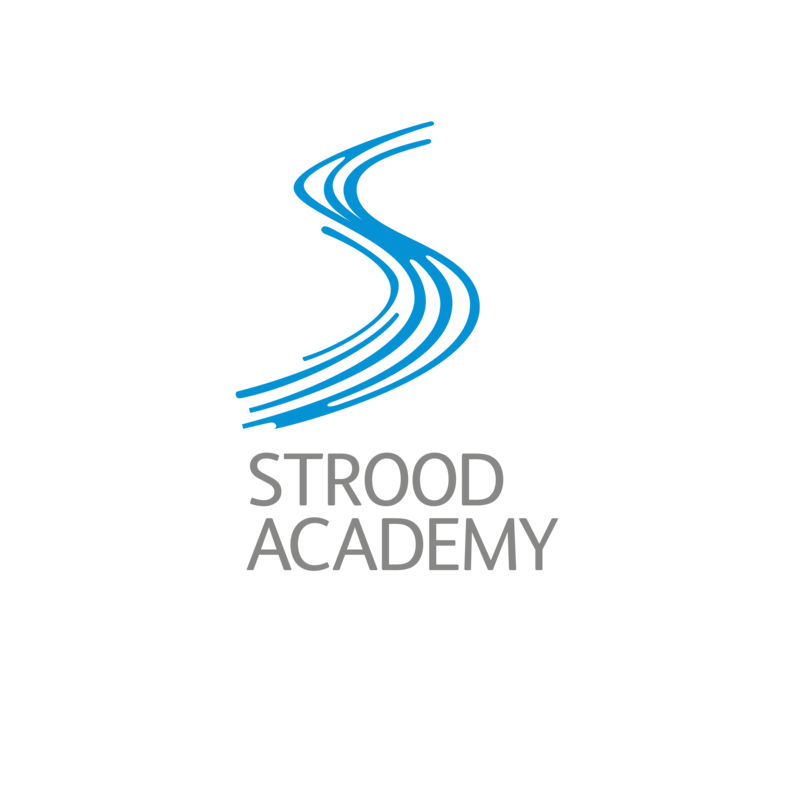
Why study A LEVEL PHOTOGRAPHY? Photography is one of the most important and influential means of communication in the world today and is highly significant within the creative arts. Photography combines both creative and intellectual skills and allows students to develop ideas and express their own concepts effectively. What will I study during the course duration? Students will be introduced to a variety of experiences that explore a range of photographic media, techniques and processes. They will be made aware of both traditional and new technologies. Students will explore relevant images, artefacts and resources relating to a range of art, craft and design, from the past and from recent times, including European and non-European examples. Students’ responses to these examples must be shown through practical and critical activities that demonstrate their understanding of different styles, genres and traditions. Students will use sketchbooks/workbooks/journals to underpin their work where appropriate. Areas of study Students are required to work in one or more area(s) of photography, such as those listed below: Portraiture Landscape photography (working from the urban, rural and/or coastal environment) Still life photography (working from objects or from the natural world) Documentary photography, photojournalism Fashion photography Experimental imagery Multimedia Photographic installation Moving image (video, film, animation).
Grade 5 in a DT subject, Grade 4 in English (Language or Literature), Grade 4 in Maths
How will I be assessed? Component 1: Portfolio (worth 96 marks/ 60% of A2) The emphasis of this component will be on the development of understanding and skills using an appropriate range of materials, processes and techniques. Component 2: Externally set assignment (worth 96 marks/ 40% of A2) Separate question papers will be provided for each title. These will consist of a choice of five questions to be used as starting points.
About Education Provider
| Region | South East |
| Local Authority | Medway |
| Ofsted Rating | Good |
| Gender Type | Co-Educational |
| Address | Carnation Road, Strood, Rochester, ME2 2SX |
Why study A LEVEL PHOTOGRAPHY? Photography is one of the most important and influential means of communication in the world today and is highly significant within the creative arts. Photography combines both creative and intellectual skills and allows students to develop ideas and express their own concepts effectively. What will I study during the course duration? Students will be introduced to a variety of experiences that explore a range of photographic media, techniques and processes. They will be made aware of both traditional and new technologies. Students will explore relevant images, artefacts and resources relating to a range of art, craft and design, from the past and from recent times, including European and non-European examples. Students’ responses to these examples must be shown through practical and critical activities that demonstrate their understanding of different styles, genres and traditions. Students will use sketchbooks/workbooks/journals to underpin their work where appropriate. Areas of study Students are required to work in one or more area(s) of photography, such as those listed below: Portraiture Landscape photography (working from the urban, rural and/or coastal environment) Still life photography (working from objects or from the natural world) Documentary photography, photojournalism Fashion photography Experimental imagery Multimedia Photographic installation Moving image (video, film, animation).
Grade 5 in a DT subject, Grade 4 in English (Language or Literature), Grade 4 in Maths
How will I be assessed? Component 1: Portfolio (worth 96 marks/ 60% of A2) The emphasis of this component will be on the development of understanding and skills using an appropriate range of materials, processes and techniques. Component 2: Externally set assignment (worth 96 marks/ 40% of A2) Separate question papers will be provided for each title. These will consist of a choice of five questions to be used as starting points.